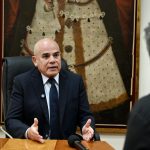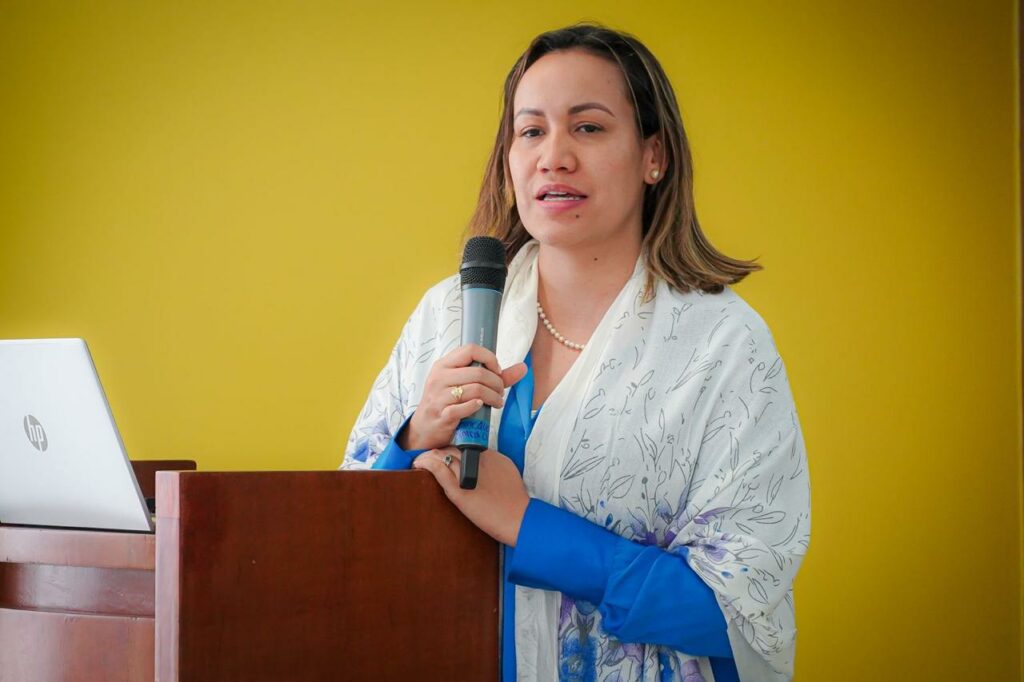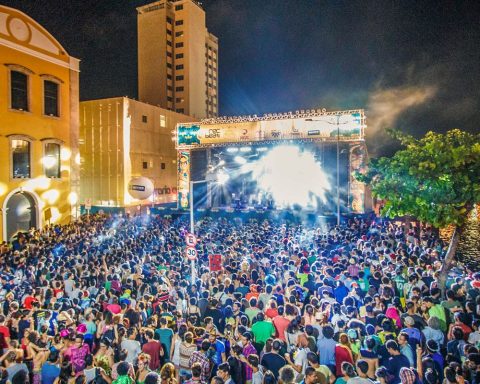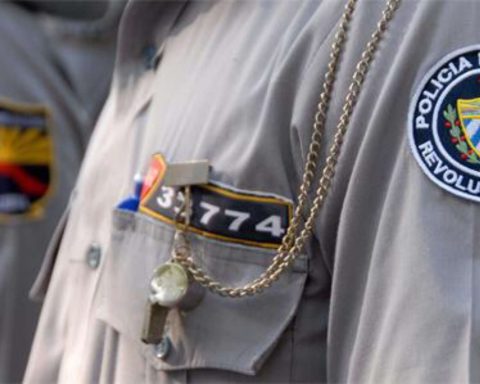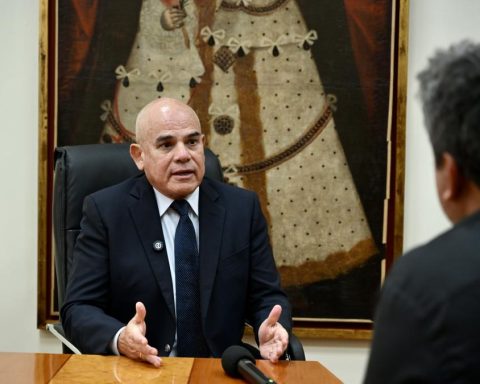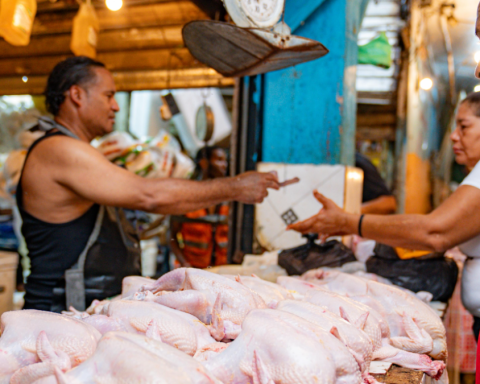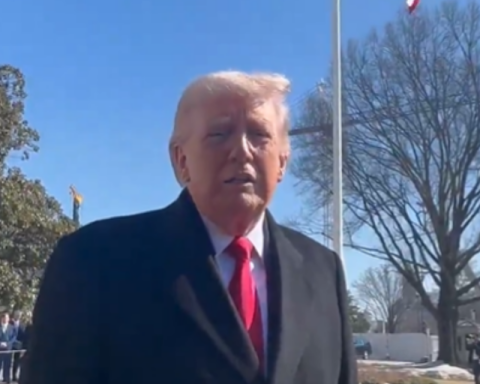The senator and president of the UDI, Javier Macaya, addressed this Sunday the continuation of the constitutional process, within the framework of the dialogues between political parties. In this regard, he indicated that he is willing to be called a “traitor.”
“I am willing to be called a traitor, to be killed, as long as Chile can put the ball down on the constitutional issue, thinking about the coming decades, we have to close,” Macaya said in conversation with center table of Channel 13.
You may also like:
Let us remember that members of Team Patriota, a movement led by the former leader of the White Claw Francis Munoz -better known as Pancho Malo, who was imprisoned for homicide-, surrounded Macaya’s vehicle today as he headed to the Channel 13. The subjects rebuked him and even yelled at him “a UDI traitor.” This, due to the dialogues that he has held to continue with the constituent process.
entry plebiscite
Regarding the option of holding an entry plebiscite in the face of a new constitutional process, the UDI helmsman stated that “it would add more uncertainty to what is happening today in Chile.”
“Our intention is not to eliminate the democratic deliberation that must take place in the future body that drafts the new Constitution, it is not to leave ties, but to set certain organizing principles,” he added.
Proposal from Chile Let’s go
The senator was also consulted on the proposal presented on Friday by Chile Vamos, which contains some constitutional principles.
Macaya commented that the coalition’s position is “ex ante, without this implying writing, because here they have accused us of wanting to write before the Constitution and that we want to omit the necessary democratic deliberation that has to be given by the body.
“What we want to do today is not to inhibit that democratic deliberation that has to take place in the body, but to set a field for it. There is a lot of talk about the blank page, even the blank pages have borders,” he added.
The Chile Vamos proposal contains constitutional principles such as “the unity of the State of Chile; the existence of three autonomous and independent powers of the State; the existence of a bicameral Congress made up of a Chamber of Deputies and a Senate; the protection of the right to life; the protection of the environment,” the document states.
To these are added “the protection of property, making it extensive to social security funds and the use of water; the express consecration of Carabineros de Chile and the forces of order, in general, in an autonomous title; the protection of the right to choosing in educational, health and social security matters, and the protection of an autonomous Central Bank, are fundamental issues to give security to Chileans”.
Likewise, they propose to set up a technical-political committee of delegates, “where, in proportion to the political forces with parliamentary representation, people with experience in public and institutional affairs, can meet” to work on constitutional principles and an itinerary proposal.









